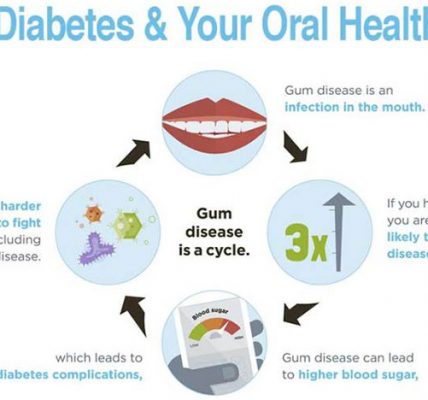A plant-based diet, centered around plant-based foods like fruits, vegetables, whole grains, legumes, and nuts, has gained significant popularity in recent years. This dietary approach offers numerous health benefits, environmental advantages, and ethical considerations.
Health Benefits of a Plant-Based Diet
- Reduced Risk of Chronic Diseases: Plant-based diets are linked to a lower risk of heart disease, stroke, type 2 diabetes, and certain types of cancer.
- Improved Weight Management: Plant-based foods are often lower in calories and higher in fiber, aiding in weight loss and maintenance.
- Lower Cholesterol Levels: Plant-based diets can help reduce LDL (bad) cholesterol levels, promoting heart health.
- Enhanced Digestive Health: The high fiber content in plant-based foods can improve digestive health and prevent constipation.
- Boosted Energy Levels: Nutrient-rich plant-based foods provide sustained energy throughout the day.
Environmental Impact
- Reduced Carbon Footprint: Plant-based diets require fewer resources and produce fewer greenhouse gas emissions compared to meat-heavy diets.
- Preservation of Natural Resources: Plant-based diets can help conserve water and land resources.
- Reduced Deforestation: The demand for animal agriculture contributes to deforestation. By choosing plant-based options, you can help reduce this impact.
Ethical Considerations
- Animal Welfare: Plant-based diets align with ethical concerns about animal welfare and the treatment of animals in factory farming.
- Global Food Security: A shift towards plant-based diets can help address global food security challenges and reduce food waste.
Tips for Transitioning to a Plant-Based Diet
- Start Gradually: Incorporate plant-based foods into your meals one at a time.
- Focus on Whole Foods: Prioritize whole, unprocessed plant-based foods over processed alternatives.
- Experiment with Plant-Based Protein Sources: Explore options like tofu, tempeh, lentils, beans, and nuts.
- Find Plant-Based Alternatives to Your Favorite Foods: Many plant-based alternatives to meat, dairy, and eggs are available.
- Cook at Home: Preparing your own meals allows you to control the ingredients and portion sizes.
- Seek Support: Join online communities or find a plant-based mentor for guidance and inspiration.
By embracing a plant-based diet, you can make a positive impact on your health, the environment, and the lives of animals.
Would you like to know more about specific plant-based recipes, meal planning, or nutritional considerations?



